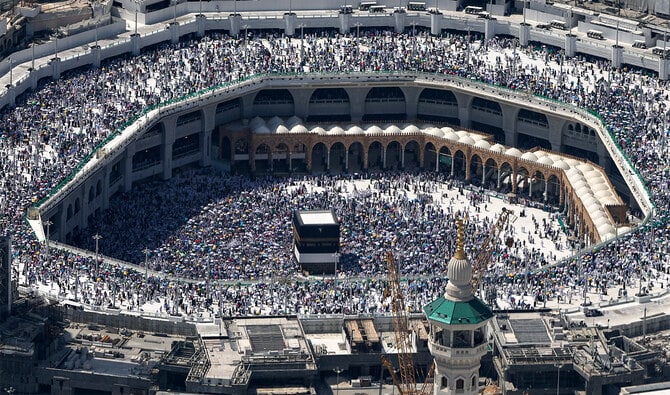In a move to enhance the health and safety of Pakistani Hajj pilgrims, the Ministry of Religious Affairs has introduced a comprehensive health policy aligned with Saudi Arabia’s updated health requirements. Announced on Friday via 24NewsHD TV channel, the policy sets stringent health standards and introduces several restrictions for prospective Hajj attendees from Pakistan.
The updated policy includes specific exclusions for individuals with serious medical conditions to ensure that only those able to withstand the physical demands of the pilgrimage are permitted to participate. This step is seen as crucial in protecting both individual pilgrims and the broader public during one of the world’s largest annual gatherings.
Health Restrictions for High-Risk Conditions
Under the new policy, individuals who require regular dialysis will be barred from performing Hajj. Likewise, those with a history of heart attacks or respiratory conditions are prohibited from attending, as such conditions could pose significant health risks during the physically demanding pilgrimage.
Individuals diagnosed with lung diseases or those dependent on artificial respiration are also restricted from the journey, as are those who face potential liver failure. The policy specifies that pilgrims with these conditions are at a higher risk of complications, especially given the crowded and often challenging conditions encountered during Hajj.
Exclusions for Neurological, Psychological, and Physical Disabilities
The policy further restricts individuals with serious neurological or psychological conditions, as well as those with physical disabilities that could impair their ability to manage the pilgrimage’s demands. Memory-related issues are also highlighted in the policy, with officials noting that those affected may face additional risks in navigating the busy and sometimes overwhelming environment of Hajj.
Pregnant women in their third trimester, particularly those past the seven-month mark, will not be allowed to participate. According to the ministry, this restriction is implemented to protect both the mother and unborn child, as the conditions during Hajj may be strenuous.
Vaccination Requirements and Communicable Disease Screening
In line with Saudi health standards, the policy mandates vaccinations for Meningitis, Influenza, COVID-19, and Polio for all Hajj participants. These requirements aim to prevent the spread of communicable diseases among pilgrims, particularly given the high potential for virus transmission in crowded settings.
Additionally, individuals with active or recent cases of communicable diseases, such as tuberculosis or cancer, or those diagnosed with influenza, dengue, or COVID-19, will be barred from attending Hajj. This measure ensures that contagious illnesses are minimized, further protecting the health of all attendees.
Alignment with Saudi Health Standards
This updated policy by the Ministry of Religious Affairs underscores Pakistan’s commitment to aligning its Hajj protocols with those of Saudi Arabia. By closely mirroring Saudi Arabia’s health requirements, Pakistan aims to reduce health-related incidents during the pilgrimage and ensure that only those fit for the journey undertake the pilgrimage.
The ministry’s decision has been welcomed by health professionals, who emphasize that these guidelines will protect vulnerable individuals who may otherwise face significant health risks during Hajj. The restrictions and requirements, though strict, are seen as essential to maintaining a safe environment for all pilgrims.
This policy adjustment demonstrates Pakistan’s dedication to safeguarding the health of its citizens and supporting Saudi Arabia’s efforts to create a safe and manageable pilgrimage environment for all Muslims worldwide.


